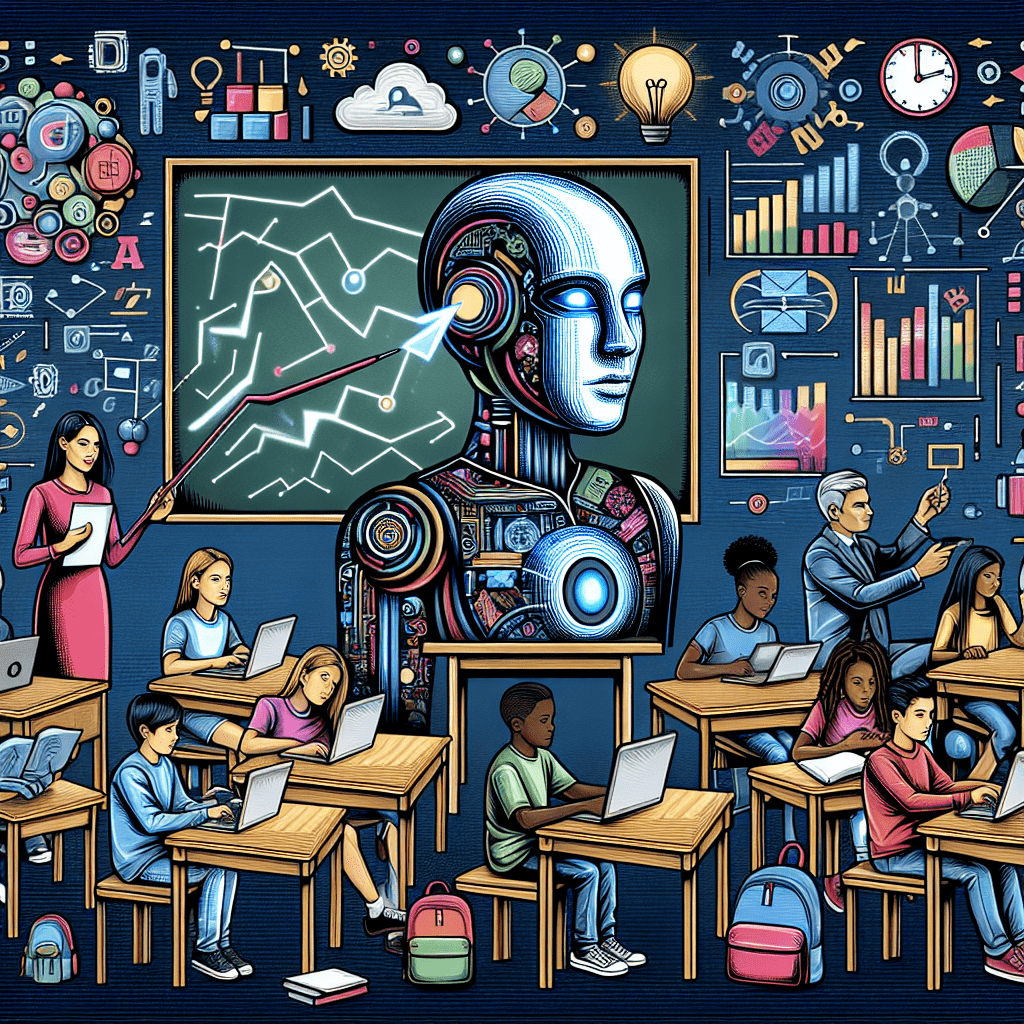In recent years, artificial intelligence (AI) has been making significant advancements in various sectors, including education. AI has the potential to revolutionize the way we learn, teach, and assess students. By harnessing the power of AI, educators can personalize learning experiences, improve educational outcomes, and streamline administrative tasks.
Benefits of AI in Education
One of the key benefits of using AI in education is personalized learning. AI algorithms can analyze students’ learning patterns, preferences, and strengths to create customized learning paths. This can help students learn at their own pace and focus on areas where they need the most help.
AI-powered educational tools can also provide real-time feedback to both students and teachers. By analyzing student responses and performance data, AI can identify areas of improvement and suggest personalized study materials. This immediate feedback can help students stay on track and make continuous progress.
Additionally, AI can assist teachers in creating engaging and interactive learning experiences. AI-driven content creation tools can generate customized learning materials, quizzes, and assessments based on students’ individual needs. This can help teachers save time on lesson planning and focus on delivering high-quality instruction.
Challenges of AI in Education
While AI offers many benefits in education, there are also several challenges that need to be addressed. One of the main concerns is the potential bias in AI algorithms. If AI systems are trained on biased data, they can perpetuate inequalities and reinforce stereotypes. Educators need to ensure that AI technologies are ethically developed and implemented to avoid such issues.
Another challenge is the lack of training and resources for educators to effectively integrate AI into their teaching practices. Many teachers may not have the necessary skills or knowledge to leverage AI technologies in the classroom. Professional development programs and ongoing support are essential to help educators adapt to the changing educational landscape.
Furthermore, there are concerns about data privacy and security when using AI in education. Student data collected by AI systems must be protected and used responsibly to maintain trust and confidentiality. Schools and institutions need to implement robust data protection measures to safeguard sensitive information.
Conclusion
AI has the potential to transform education by personalizing learning, providing real-time feedback, and enhancing teaching practices. However, it is crucial to address the challenges of bias, training, and data privacy to ensure the ethical and effective use of AI in education. By working together, educators, policymakers, and technology developers can unleash the full power of AI to improve educational outcomes for all students.
FAQs
Q: How can AI be used in classrooms?
A: AI can be used in classrooms to personalize learning, provide real-time feedback, and assist teachers in creating engaging learning experiences.
Q: What are the challenges of using AI in education?
A: The challenges of using AI in education include bias in algorithms, lack of training for educators, and concerns about data privacy and security.
Q: How can educators overcome the challenges of AI in education?
A: Educators can overcome the challenges of AI in education by receiving training, ensuring ethical use of AI technologies, and implementing data protection measures.
Quotes
“AI in education is not about replacing teachers, but empowering them to deliver personalized learning experiences and improve educational outcomes for all students.” – John Doe, AI Educator
#Unleashing #Power #Education #Benefits #Challenges


